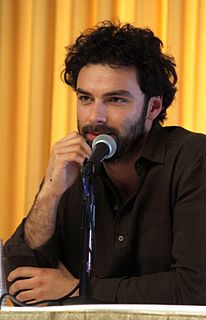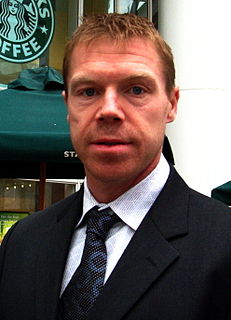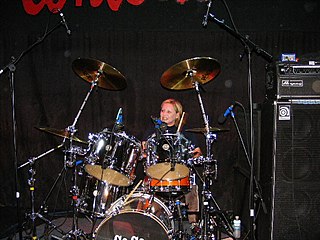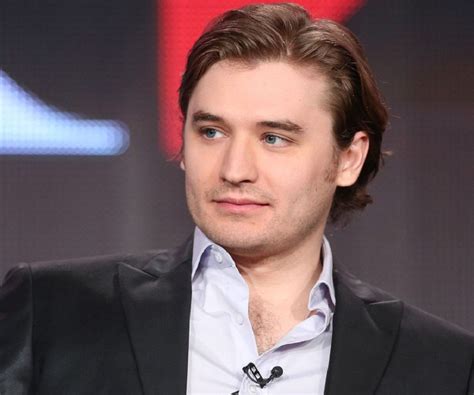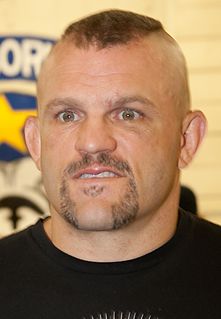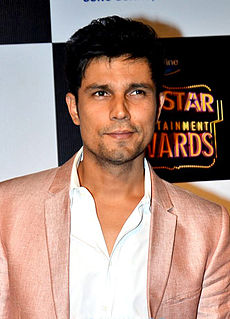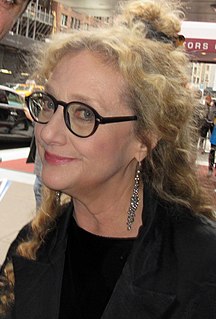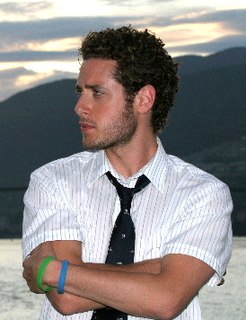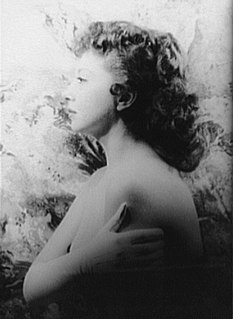A Quote by Aidan Turner
At eight o'clock the curtain goes up and that's it, you're out there with yourself, the audience, the other players. There's no "take two" business. You're on. The great thing is the rehearsals, too. When you're bouncing around on film sets and TV sets you don't really get the opportunity to - generally speaking - rehearse much. With theater you're kind of four-to-five weeks locked down in the room with the guys figuring stuff out. It's back to play school.
Quote Topics
Related Quotes
Actually it was easier than you'd think. We were the guys who had the opportunity to play for something. Only 26 players on the eight teams had that chance. We would wake up in the morning and have a reason to train. We are able to have four weeks to play at this level. Since the first day our policy was not to talk about the labor situation. Our goal was to win. We'll enjoy it for one night. Then the reality of the owners locking us out sets in.
Having been an actor, I always want to leave room for the actors to find their comfort zone, so I don't like to be too rigid in how I plan my shots. It's different if you have weeks to rehearse and you can rehearse on your sets or in your locations and you can plan that out with your actors, but in modern independent filmmaking, you don't really have that time. You have to have a certain level of improvisation.
In theater, you get to rehearse several weeks, you memorize everything, and by the time you open, you know what the play is. In film, it's almost the opposite. You do your work on your own and maybe have a couple of minutes to rehearse. When the camera rolls, you generally don't know what's going to happen.
I applied [to film school] figuring, "I need to find some structure for myself. I need to find a way to figure out what kind of filmmaker I want to be." And that is what film school provides you with. It'll teach you the basics of how a production works and the technical side of how to put everything together, but you could also learn that by working on film sets.
A sitcom, you rehearse for four days of the week and then you shoot it all in one night in front of a studio audience. It's like a play every week, you just shoot it over a seven or eight-day period with a single camera. I enjoy this format of show much more. I'm a feature guy. I like making movies. So the four camera thing I didn't love it that much. I found myself slightly out of my element.
